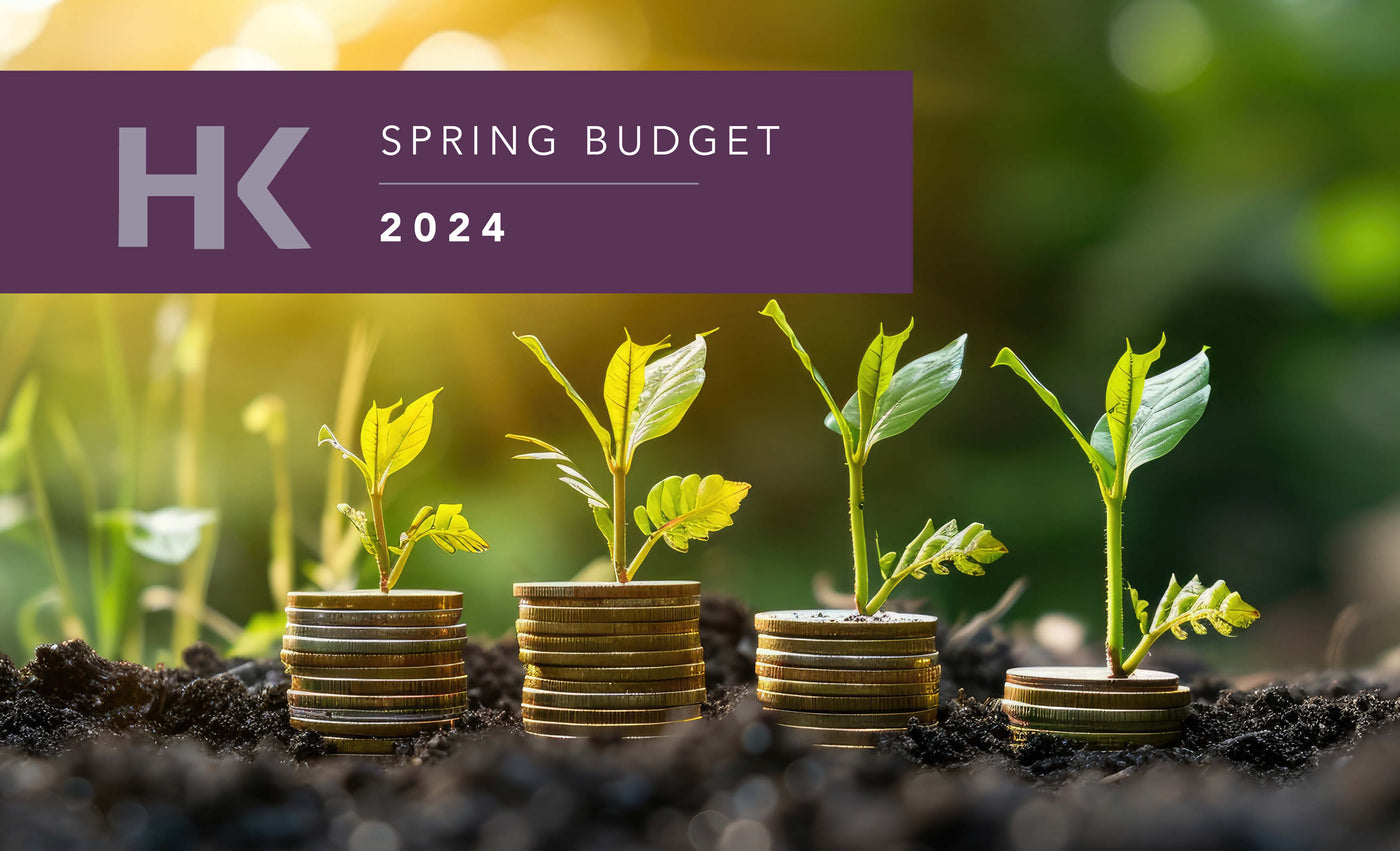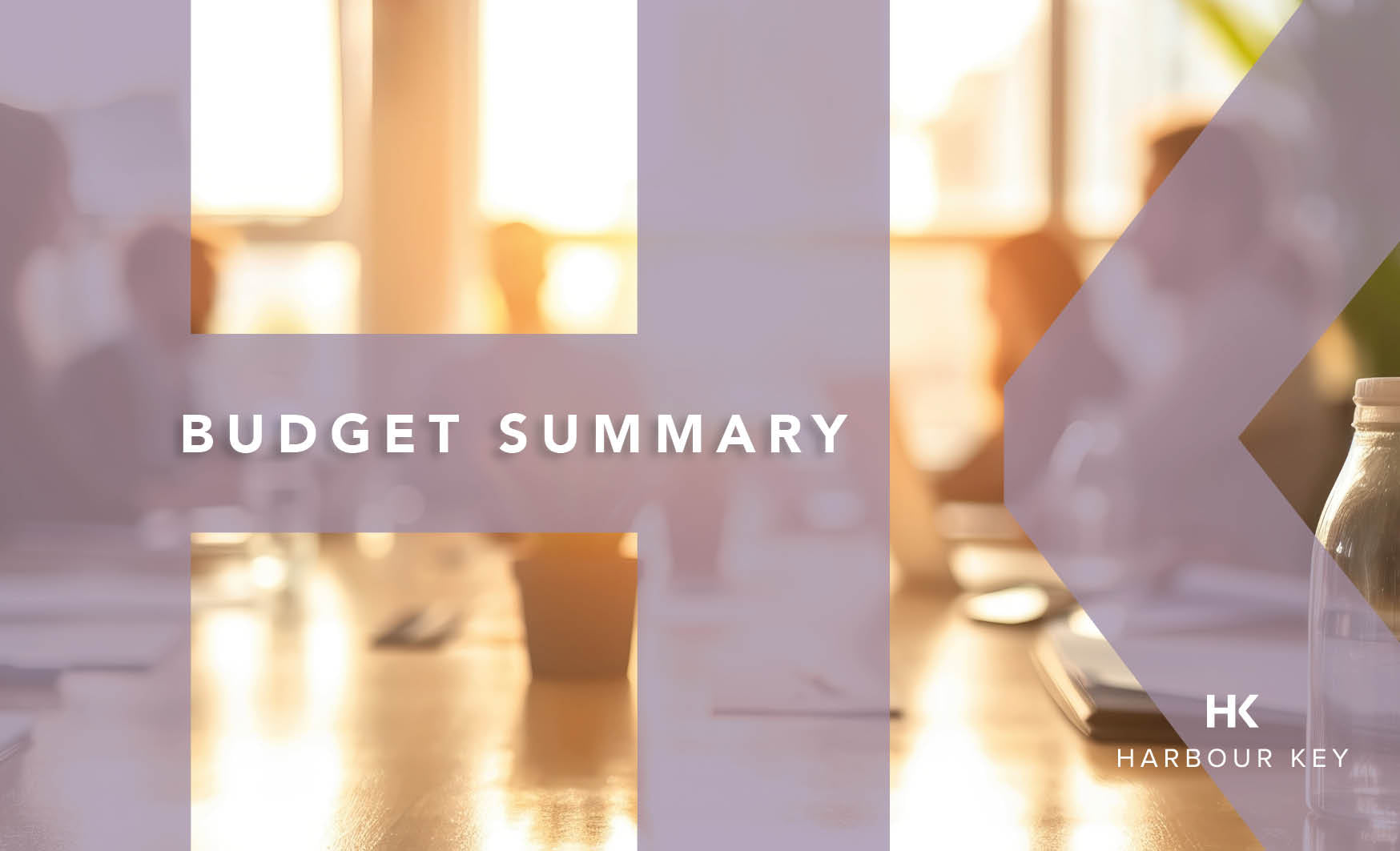
Personal taxes
- From 6 April 2024, the High Income Child Benefit Charge (“HICBC”) threshold will be raised from £50,000 to £60,000. The taper of the charge will now also apply between £60,000 and £80,000, stretching the clawback over £20,000 of income rather than £10,000.
These changes are temporary while the Government reviews the HICBC, which is currently based on an individual’s income, as opposed to a household’s income.
- The main rate of Class 1 Primary (Employees) National Insurance will be cut again from 6 April 2024, this time from 10% to 8%, further to the 2% cut introduced from 6 January 2024. Following the announcement in the November Statement, which was only implemented at the start of January, a 4% cut.
- No change to the rate of Employer NIC, or the Class 1A charged on taxable benefits.
- The main rate of Class 4 (self-employed) National Insurance will be cut from 6 April 2024 by 3%, from 9% to 6% (1% of which was already confirmed in the Autumn Statement).
- The current non-domicile regime will be abolished from 6 April 2025, taking with it the remittance basis of taxation. The non-domicile regime will be replaced with a different scheme that runs over four years and is only available to new arrivals (who have not been UK tax resident for at least 10 years). Overseas Workday Relief (“OWR”) will be simplified, but retained, and there will be transitional rules in place for existing non-domiciled individuals.
As more details are announced, regarding the transitional rules for non-domiciles, we will contact those clients impacted.
Property taxes
- The tax advantaged Furnished Holiday Letting (“FHL”) regime will be abolished from 6 April 2025. This means that FHLs profits will be treated the same as normal buy to let property profits. Full details regarding the change and any transitional rules are yet be announced, however this is likely to mean:
- Capital allowances will not be available to claim in respect of the property, only a revenue expense on the replacement of a furniture item, or a repair.
- The disposal of the property will not be trading asset on which the 10% capital gains tax rate can be claimed, but the disposal of a residential investment property (see below re a change of tax rates).
- It is assumed that the profits will no longer be eligible as pensionable earning for pension planning.
As more details are received, we will provide an update.
- From 1 June 2024, Multiple Dwellings Relief (“MDR”) will be abolished in relation to purchases of property in England and Northern Ireland subject to Stamp Duty Land Tax (“SDLT”). We believe this is due to the fact that this relief has been abused, and there are a significant number of tax investigations/cases being raised into the relief.
- The higher rate of Capital Gains Tax (“CGT”) on residential property gains will be reduced from 28% to 24% from 6 April 2024. The lower rate will remain at 18%.
This was the surprise announcement in the Statement, and is apparently driven by the results of a consultation showing that a reduction of the rate will drive more sales and generate more tax revenue, as well as freeing up the property market as second home owners, and buy to let landlords exit.
Capital taxes
- As part of the changes to the non-domicile regime, consultation will also be undertaken to move the Inheritance Tax (“IHT”) rules (which also uses domicile) towards a residence basis. Currently non-UK domiciles do not have to pay IHT on non-UK sited assets.
- As noted above, the main CGT rate for residential property disposals has been decreased from 28% to 24%.
Business taxes
- The VAT registration threshold will be increased from £85,000 to £90,000 from 1 April 2024, with the deregistration threshold moving up to £88,000.
- Extending the full expensing of assets to leasing assets when fiscal conditions allow. Full expensing provides 100% corporation tax relief for capital expenditure on plant and machinery, but currently only covers equipment purchased outright. This meant that any leased equipment could not benefit from the tax relief.
Duties
- The temporary cut in the rate of fuel duty has been extended until 22 March 2025.
- Alcohol duty rates have been frozen until 1 February 2025.
- A Vaping Products Duty will be introduced from October 2026 alongside a one off increase in tobacco duties.
Other
- The government's Recovery Loan Scheme (RLS), which was originally introduced in 2021 to help smaller businesses deal with the impact of coronavirus, is being extended until 31 March 2026. It will be renamed the Growth Guarantee Scheme. The Treasury said the extension will help 11,000 SMEs to access funding.
- A new UK ISA will provide a £5,000 allowance in addition to the existing ISA allowance for people to invest in "UK-focused assets". The government said it will consult on the details.
- The government will introduce a new £7.4m upskilling fund pilot to "help SMEs develop artificial intelligence (AI) skills of the future".
- Recent changes to the thresholds for high-net worth individuals and self-certified sophisticated investors (those who tend to invest in high-risk start-up ventures) are going to be reversed taking effect 27th March 2024. The recent changes, making it harder to qualify, were lobbied against, as it was believed these were discriminatory and seriously impacted those who could invest.
As ever, if you wish to discuss how this impacts you, do call the office on 01452 713277 or email us.



